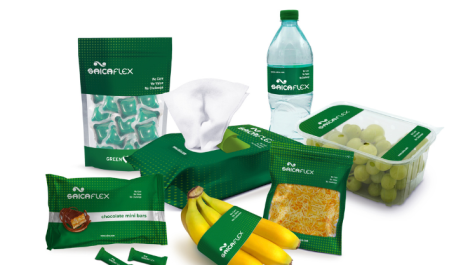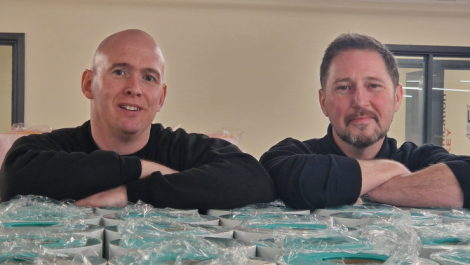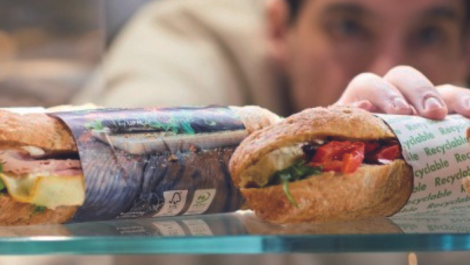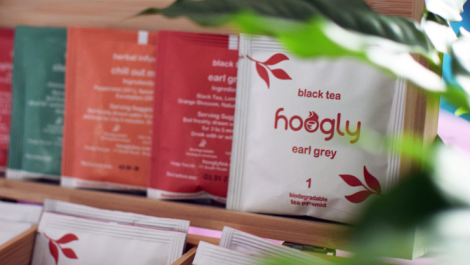A new report by fashion retail authority Drapers, in partnership with Smurfit Kappa, has revealed that sustainable packaging is still an important factor in consumers’ purchasing decisions.
The research, which was done against the backdrop of supply chain issues, rising inflation and the ongoing war in Ukraine, revealed that two-thirds of respondents stated they want to be more sustainable and more than a third have purchased a product based on the sustainability of its packaging.
A total of 65% of respondents stated that knowing that the packaging is recycled is important, while 42% said that the use of recycled content is important. A further 49% indicated that using a small amount of packaging is important to them, stating that the overuse of packaging has become a ‘bugbear of many’, particularly when it comes to online shopping.
However, despite the consumer desire for sustainable packaging, consumer appetite to pay for it remains less clear. The report found that just over half (51%) believe sustainable packaging should not come at a cost to themselves. The report found that the younger cohort (18 – 24 years old) are happier to pay for sustainable packaging (64%), whilst an older age cohort (55 – 60 years old) are not willing to pay the extra price associated with sustainable packaging (65%) and believe those costs should be absorbed by the retailer.
Eddie Fellows, CEO of Smurfit Kappa UK and Ireland, said, ‘This year’s Drapers’ report once again highlights the importance of sustainable packaging for both the retailer and the end consumer. Packaging is a visible and tangible signal of a brand’s commitment to sustainability. By switching from an unsustainable packaging material to a sustainable packaging material, like for example paper, you are demonstrating an active commitment to become more sustainable.’
Garrett Quinn, chief sustainability officer at Smurfit Kappa, said, ‘Consumers care more and more about what a brand is ‘doing’, rather than what a brand is ‘saying they are doing’. This can be done through a multitude of ways, however one of the most pertinent ways is through certification and third-party validation. The work we have been doing in the sustainability space has been recognised by leading third parties such as the Science Based Targets initiative, MSCI and Sustainalytics.
‘Third party assurance, together with third party certification of our sustainability credentials, helps us as a business and shows our customers the work we are doing in the sustainability space is not going unnoticed.’






